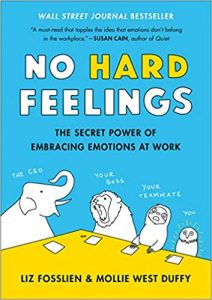

Schedule time with a coworker or friend to teach each other something new. Acknowledge them, but recognize they are not inevitable truths (even if they feel true). Lastly, remember your thoughts are simply that: thoughts. Ask yourself, “What advice would I give to a friend who felt similarly?” This question forces you to step outside negative thinking patterns. Try to look at your situation through someone else’s eyes. Own up to your mistakes, but don’t needlessly blame everything on yourself. On any project, issues will come up that are beyond your control. Instead of immediately thinking, “I’m the reason we lost the client,” try to look at what happened more objectively. Permanence: thinking you are going to feel like this (e.g., bad) foreverīe responsible but don’t beat yourself up.Pervasiveness: thinking that the event is going to ruin every aspect of your life.Personalization: thinking that the event is all your fault.

Psychologist Martin Seligman identified the “three Ps” we tend to focus on after a negative event: The first step to feeling better is to notice your cognitive distortions, or the dirty tricks your brain plays on you.


 0 kommentar(er)
0 kommentar(er)
